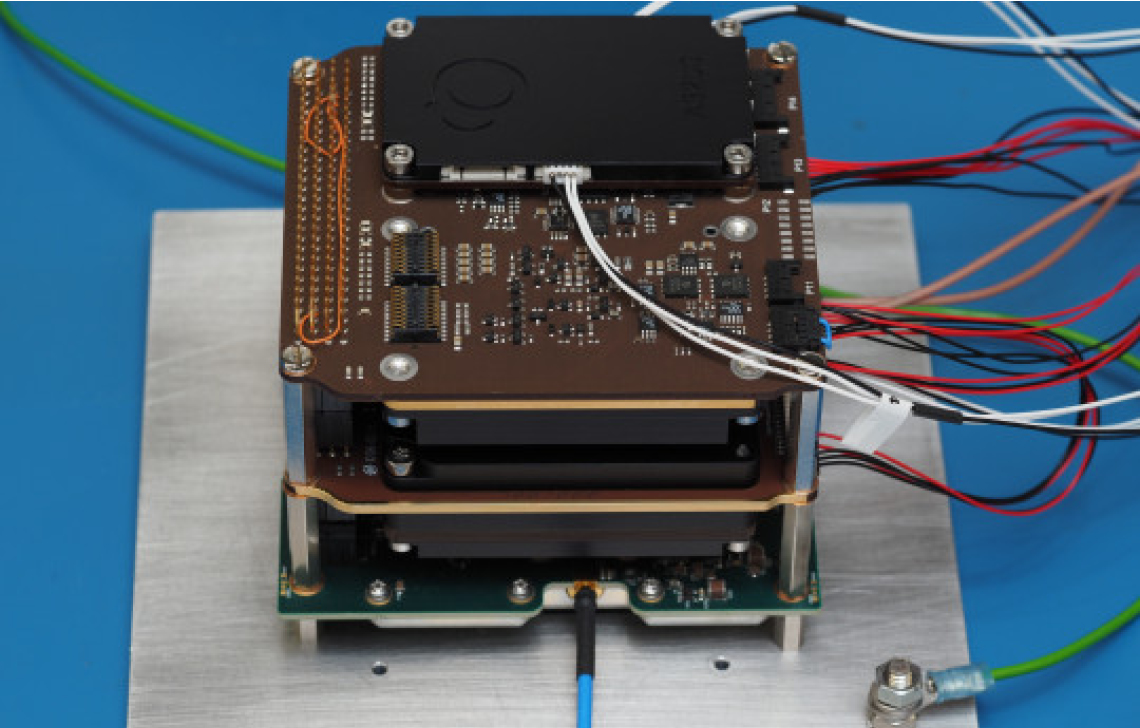
21 MARCH 2024 | INNOVATION
DST has successfully sent an experimental satellite payload into orbit. The “Korimako” payload is part of a US Navy Post Graduate School small satellite, which was launched aboard a Rocket Lab Electron mission from Wallops, Virginia in the eastern United States. This is the first time the NZDF has put a payload into space and represents an exciting milestone for both the NZDF and the wider NZ space enterprise.
DST scientists will monitor and interact with Korimako via our Whangaparaoa Ground Station, north of Auckland. Initial tests indicate that Korimako survived the launch and is operating as expected.
“This is the first time the NZDF has had a payload put into space and represents an exciting milestone for both the NZDF and the wider New Zealand space enterprise,” said DST Director David Galligan.
Whilst Korimako is not an operational platform, it will provide the NZDF with practical experience and is developing local expertise in space science and technology, and conducting space operations.
“Our research aims to build practical experience in space science and technology, test processes for New Zealand Government space operations, and generate knowledge to enable future NZDF and wider government space development,” Dr Galligan said.
“The launch of this payload is significant for the NZDF and was made possible with the support of our international partners.”
The US satellite hosting the Korimako payload is about the size of a briefcase and is orbiting the earth every 90 minutes about 515 km above the ground, which means it cannot be seen with the naked eye.
This is the first of two experimental payloads which are named after NZ native birds. The name was chosen because its beacon signal was likened to the distinctive call of the Korimako.
A second experimental payload, Tui, is planned for launch from the US later this year.
